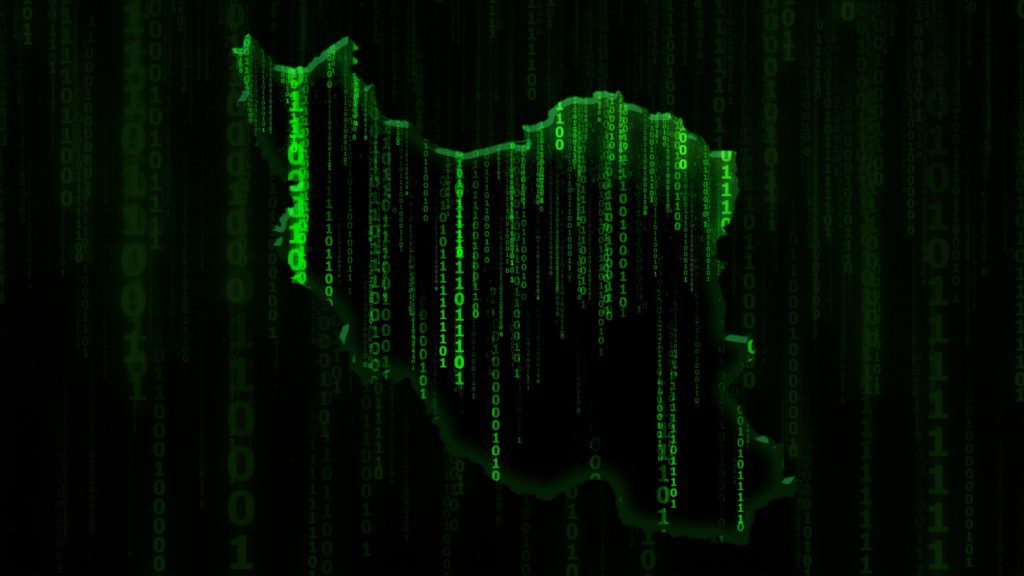
Iranian government-linked groups are accused of increasing their cyber security influence over U.S. elections to sow distrust among voters, drawing parallels to past manipulation tactics by other actors.
Cyber Security Influence of Iran
On August 9th, news broke from Microsoft’s Threat Analysis Center that Iranian groups connected to the Iranian government have increased their cyber influence over U.S. elections for a period of three months. The aim behind this cyber influence was to foster distrust among U.S. voters.
“They’ve laid the groundwork for influence campaigns on trending election-related topics and begun to activate these campaigns in an apparent effort to stir up controversy or sway voters – especially in swing states,” stated a blog post by Clint Watts, Microsoft’s General Manager for Threat Analysis.
This marks the third Microsoft threat intelligence report published regarding the cyber security influence over the elections. The report, based on research by the technology company in Redmond, Washington, was created to raise awareness of foreign interference, including the creation of deepfakes, and to provide guidance on how to stay alert.
The digital campaigns targeting the U.S. during the elections are not new. Microsoft has reported that Iran has been making significant efforts to spread its influence.
“Iran’s operations have been notable and distinguishable from Russian campaigns for appearing later in the election season and employing cyberattacks more geared towards election conduct than swaying voters,” the report stated.
Given Iran’s support for Palestine and the Palestinians, Microsoft’s stance on this issue is clear. The company indirectly showed its position on the Palestinian war when it suspended Palestinian accounts for contacting their families in Gaza.
A Blast from the Past
When pointing a finger at one group, it’s essential to remember that three fingers point back at you.
Let’s jog your memory about hackers. Do you rememeber Tal Hanan or Team Jorge?
On February 15, 2023, a team of Israeli contractors was exposed in a new investigation by a group of undercover reporters. Hanan mentioned to the reporters that the services he offers are known as “black ops.” These services were available to intelligence agencies, political campaigns, and private companies to secretly manipulate public opinion and viewpoints. Hanan stated that these services had been used in Africa, South and Central America, the U.S., and Europe.
The team recorded a demonstration by Hanan, showing how he created profiles and hacked Telegram and Gmail accounts. While creating a fake profile, Hanan remarked, “This is Spanish, Russian, you see Asians, Muslims. Let’s make a candidate together. Sophia Wilde, I like the name. British. Already she has an email, date of birth, everything.”
When asked about the source of the images used for the avatars, he was evasive. However, The Guardian persisted and discovered that these images were harvested from existing social media accounts of real people. It didn’t stop there; Hanan also proudly mentioned his “blogger machine,” an automated system that creates websites aimed at controlling the spread of fake news online. “After you’ve created credibility, what do you do? Then you can manipulate,” he stated.
The scenario seems to be repeating itself, but this time, Microsoft “claims” that Iranian hackers are trying to manipulate the U.S. elections. It’s well-known that Iran is not considered the tech hub of the Middle East and doesn’t possess advanced military technologies like the Iron Dome, Hermes drones, or F-35s, nor is it backed by the U.S.
When you connect the dots with what Microsoft has been claiming, you realize that sometimes it’s your own people who hurt you the most.
Inside Telecom provides you with an extensive list of content covering all aspects of the tech industry. Keep an eye on our Cybersecurity sections to stay informed and up-to-date with our daily articles.